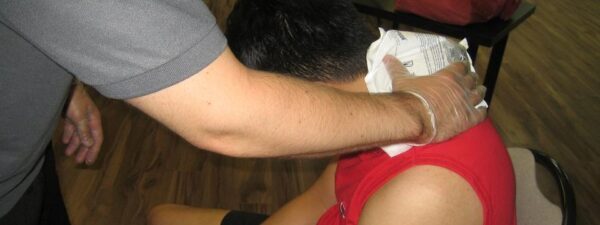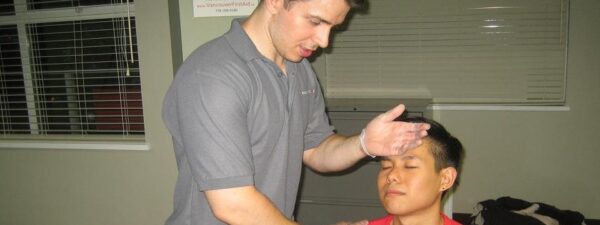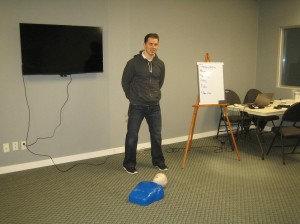Neck Pain Causes, Symptoms, and Management
While suffering from neck pain, you may feel a knot, stiffness, or severe pain in the region of the neck. This includes areas of the shoulders, upper back, or arms. You may even get a headache

Fever in Adults
Fever plays an important role in the defense against diseases and infections. The body increases in temperature to kill the invading bacteria or virus. Brain damage does not typically occur

Treatment for Mushroom Poisoning
Mushroom poisoning, also called mycetism, occurs when toxic substances present in a mushroom are eaten, typically due to mistaking poisonous mushrooms for the edible ones.

Be Ready to Save a Life—Enroll Early
CPR and first aid training have never been more in demand. With limited class slots that fill up fast, we always recommend registering early. Emergencies don’t wait—and neither should you. Whether you’re a healthcare professional or just want to be prepared, these essential skills can make a life-saving difference.
What You’ll Learn
Our CPR training programs teach:
Chest compressions & rescue breaths
AED (Automated External Defibrillator) use
First aid for bleeding, choking, burns & more
How to recognize and respond to cardiac arrest
You’ll gain the confidence to act in critical situations—before help arrives.
Our CPR & Life Support Programs
We offer five levels of training, with recertification available for three. All programs are taught by certified instructors and follow current medical guidelines.
Basic Life Support (BLS)
Fast, skills-focused courses for the public and healthcare providers.
Basic CPR/AED – 4 hrs | General public
Basic CPR/AED (C) – 4.5 hrs | Healthcare providers
BLS for HCPs – 4.5 hrs | One & two-person CPR + AED (AHA 2010 guidelines)
Advanced Life Support (ALS)
In-depth courses for healthcare professionals managing cardiac emergencies.
ACLS – 16 hrs | Adult care
PALS – 14 hrs | Pediatric care
Certification & Renewal
Get certified for two years. Renewal is simple—just complete a recertification course before your certificate expires.
BLS Recertification – 4 hrs
ACLS Recertification – 5–6 hrs
PALS Recertification – 6–8 hrs
Start Today
Whether you’re looking to build your resume or be a community hero, CPR and first aid training is a smart step. Sign up now—spots fill up quickly!

